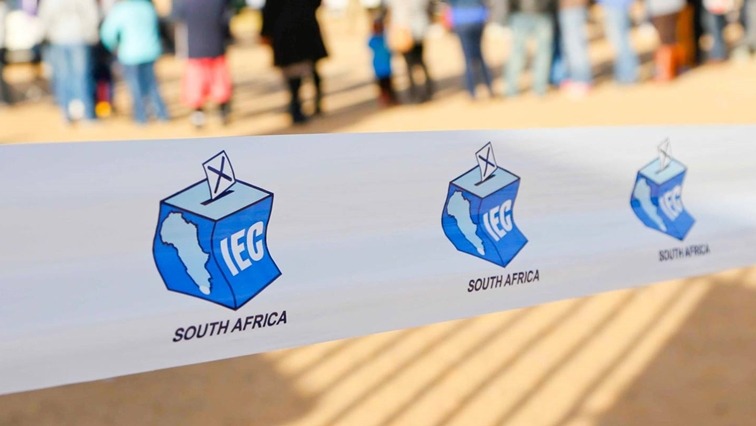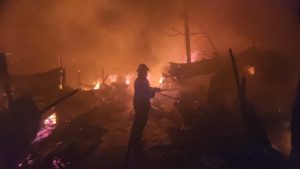The Independent Electoral Commission (IEC) in the Western Cape has highlighted the key changes which voters must be aware of in the upcoming national and provincial elections. This happened during a stakeholder engagement workshop in Cape Town, attended by among others, student bodies, and community and faith-based organisations.
Deadlines and conditions for special votes and home visits, and the inclusion of independent candidates, were among the topics under discussion.
The IEC in the province says the introduction of a third ballot paper is one of the key changes.
“Given the fact that we now have independents also contesting our elections, we therefore have a third ballot, which is a regional ballot. These are essentially the seats reserved for a province in the national assembly and on that ballot the names of parties and independents will occur. Similarly for the provincial legislatures, in the nine province’s independents and parties can also contest and that’s a big move in terms of that,” says Michael Hendrickse, Provincial Electoral Officer.
Voters who will cast their ballots at stations where they are not registered now, also have a deadline within which to inform the commission.
“In the past voters could simply arrive at one of our voting stations where he’s not registered and apply to vote there and then to vote and cast a ballot. This time around the law has changed, you need to inform us before the 17th of May that you want to vote somewhere else, in other words at a voting station which is not your own,” Hendrickse adds.
Voting outside province
In the event of voting outside of the province where a voter is registered, only one ballot paper will be received. Officials have also cautioned those who do not qualify for home visits, against applying for this option.
“The home visits are limited to those persons who are essentially saying they cannot come to the voting station because of ill health, physical disability or because they are pregnant to the extent that they may be having difficulties so those are the limited categories of persons that can apply for a special vote and we found that sometimes in the past people abused that by applying for a special vote and we get to the house and the person is not there, sometimes the person doesn’t even know because someone actually applied on their behalf,” Hendrickse elaborates.
The province will have 1 572 voting stations across the Western Cape.
“In the past years, there was not enough information to teach the deaf community, it was just few information, and they didn’t know how to vote, and how to register. But now they explained they gave us more time to register for the special voting and today they gave us more information about that,” says Jabaar Mohamed, (Deaf SA, Western Cape) South African Sign Language Interpreter.
Video: 2024 Elections – IEC hosts workshop in the Western Cape:




![[File Image] uMkhonto weSizwe Party launches election manifesto.](https://www.sabcnews.com/sabcnews/wp-content/uploads/2024/06/2024-05-18T130452Z_811542110_RC2WS7AU2LHS_RTRMADP_3_SAFRICA-ELECTION-MK-1-300x169.jpg)

